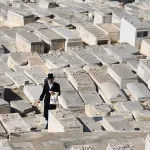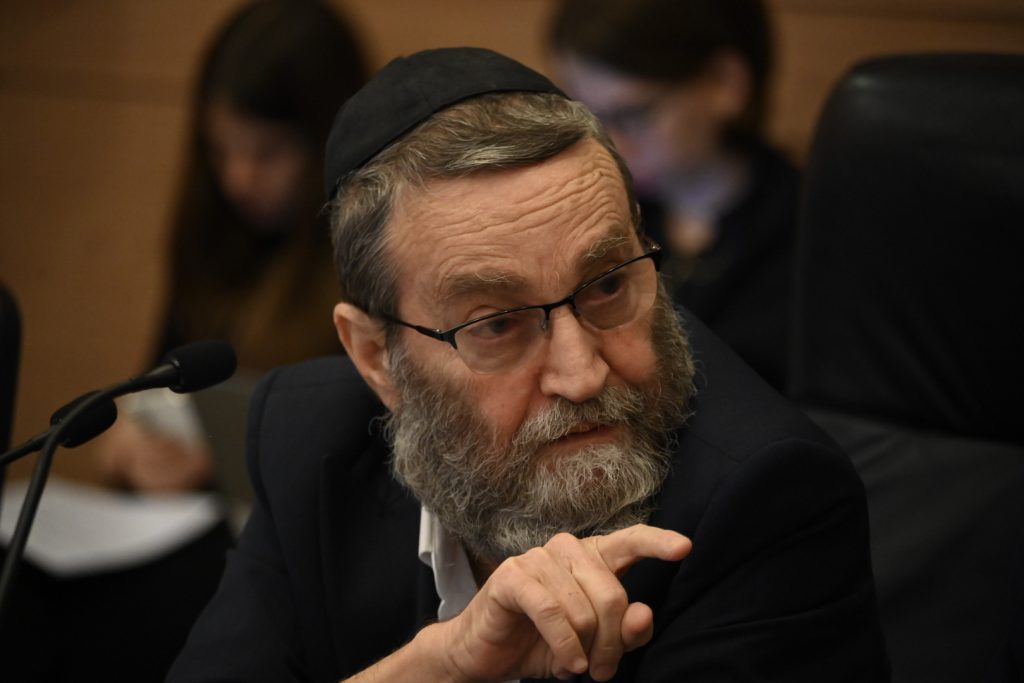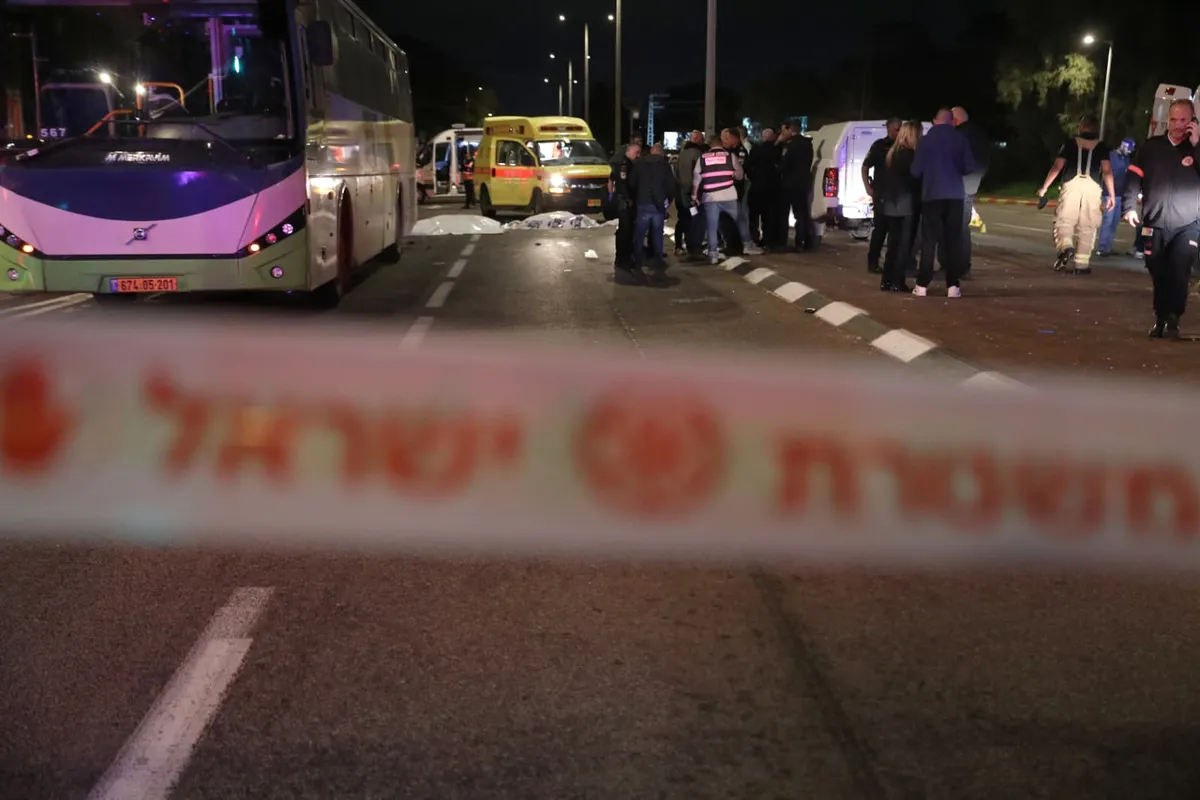Jerusalem, 15 July, 2025 (TPS-IL) — Israel’s United Torah Judaism (UTJ) party announced Monday night that it is leaving both the government and Prime Minister Benjamin Netanyahu’s ruling coalition on Monday night, intensifying a long-running dispute over the issue of army exemptions for full-time religious students.
The move began with UTJ’s Degel HaTorah faction which announced its withdrawal following a directive from its senior spiritual authority, Rabbi Dov Lando. “In accordance with Rabbi Dov Lando’s instructions, Degel HaTorah Knesset members will leave the government and coalition today,” said a spokesperson. In a letter, Rabbi Lando accused the government of “increasing the hardship of Torah students” and “failing to fulfill its obligations” to protect their draft exemptions. He concluded that “participation in the government and the coalition should be immediately terminated, including immediate resignation from all positions.”
Shortly afterward, UTJ’s Agudat Yisrael faction followed suit. Minister of Jerusalem Affairs and Jewish Heritage Meir Porush said the resignations were ordered by a council of senior rabbis after reviewing a new draft law proposal that, in their view, fails to meet long-standing demands.
“The bill does not satisfy the demands and opinions of the Council of Torah Sages,” Porush said.
Among those stepping down are some of the most senior Haredi politicians: Finance Committee chairman Moshe Gafni, Deputy Transportation Minister Uri Maklev, and Porush himself. Their resignations will take effect within 48 hours, allowing Netanyahu a brief window to try to persuade them to change their minds.
Haredi men in Israel are generally exempt from mandatory military service if they study full-time in religious seminaries, known as yeshivot. The issue has long divided Israeli society and remains politically sensitive, especially during wartime. Haredi parties like UTJ and Shas insist on preserving these exemptions as a matter of religious principle and community identity. However, public opposition has grown in recent years, particularly as many Israelis view the policy as unequal.
The immediate cause of the walkout was the government’s failure to advance legislation formalizing the draft exemption. A previous compromise brokered by Knesset Foreign Affairs and Defense Committee chairman Yuli Edelstein had briefly postponed the crisis, but that version of the bill was pulled from the agenda in recent days.
Three specific points remain unresolved in the current legislation: canceling draft notices already sent to religious students; determining who controls the “exceptions committee” that grants individual exemptions; and the scope of financial penalties for seminaries whose students fail to meet government-set enlistment targets. Edelstein wants the military to retain full control over the process and is pushing for tougher sanctions — including canceling state funding entirely if fewer than 75% of required enlistments are met.
UTJ’s political partner, the Sephardic Orthodox party Shas, has yet to take similar action. Without Shas, UTJ’s departure does not collapse the government, which still holds a 68-seat majority in the 120-member Knesset. But if Shas were to follow, Netanyahu would lose his parliamentary majority. Both parties reportedly want to avoid new elections, and the Knesset’s upcoming three-month summer recess, beginning July 27, gives the prime minister time to seek a solution.
Also on Monday night, Attorney General Gali Baharav-Miara warned that the government’s failure to enforce military service laws against Haredi draft evaders “severely harms equality and the rights of those who serve.” She demanded a formal response from Netanyahu’s office to the High Court of Justice, after earlier requests were ignored.
Opposition leader Yair Lapid criticized Netanyahu’s handling of the issue, posting on social media that the prime minister was “doing everything to pass a disgraceful draft-dodging law” while the military is at war. “Three more soldiers were killed today,” Lapid added. “This is not leadership. This is collapse.”
The military began making plans to draft yeshiva students after Israel’s High Court of Justice ruled in in 2024 that exemptions for the Haredi community were illegal.
The army told lawmakers it faces a critical manpower shortage, needing approximately 12,000 new recruits, including 7,000 combat soldiers and seeks to recruit 4,800 Haredi men annually, a figure expected to rise over time.
Military service is compulsory for all Israeli citizens. However, Israel’s first Prime Minister, David Ben-Gurion, and the country’s leading rabbis agreed to a status quo that deferred military service for Haredi men studying in yeshivot, or religious institutions. At the time, no more than several hundred men were studying in yeshivot.
The Orthodox community has grown significantly since Israel’s founding. In January 2023, the Central Bureau of Statistics reported that Haredim are Israel’s fastest-growing community and projected it would constitute 16% of the population by the end of the decade. According to the Israel Democracy Institute, the number of yeshiva students exceeded 138,000 in 2021.





























